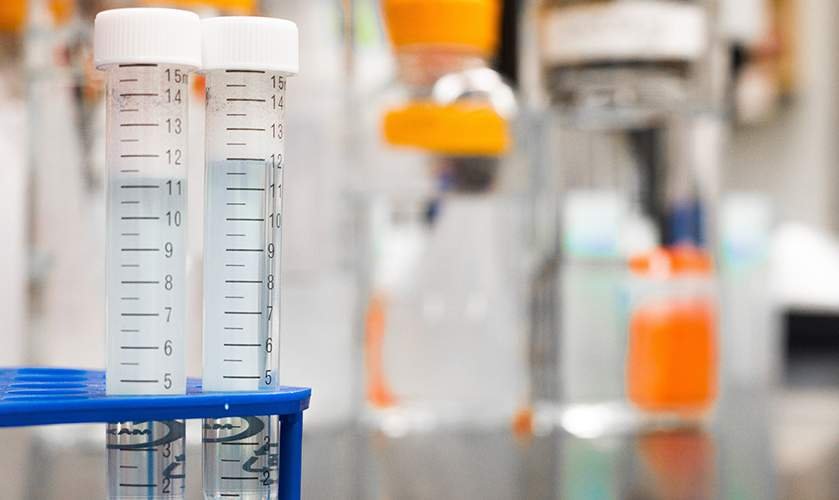Steroids & Diabetes
People use steroidal medicines for many reasons such as to treat pain in bones and muscles, asthma flare-ups, influenza infections etc. the covid-19 is a recent example when steroids were used intensely to combat respiratory problems. Also, we hear this word in our daily life that gymming enthusiasts take steroids to build muscle mass.
What are steroids?

The word ‘steroids’ are used in layman terms, while corticocorticoids are used as a medical term. Corticosteroids are naturally produced in the body by the adrenal gland, possess anti-inflammatory properties and have a role in maintaining metabolism. Other than the natural steroids of the body (glucocorticoids), there are synthetic versions too, that act as hormones and reduce inflammation. A few generic names of corticosteroids are prednisone, hydrocortisone, and dexamethasone.
Corticosteroids are used as inhalants that are used for respiratory illnesses like asthma and long-term conditions such as chronic obstructive pulmonary disease, examples include beclomethasone, budesonide and fluticasone. The topical glucocorticoids are also available in the form of lotions and creams, for example, hydrocortisone and betamethasone.
Can I take steroids when having Diabetes?

A common side effect of systemic steroids is high levels of blood glucose ( hyperglycemia). Steroids given intravenously (as in hospital setting) are generally higher than what one may get from oral pills and hence, steroid therapy is quite challenging in diabetic patients. Steroids increase Insulin resistance resulting in refractory hyperglycemia. This necessitates change(s) in dosage of existing diabetic medication or the medical providers might prescribe different insulin at different times to combat hyperglycemia.
Some steroids such as prednisone elevate the glucose levels for some time and It becomes more noticeable when prednisone is taken once a day. Otherwise, the glucose levels would be normal as usual. However, glucose levels can go higher because the steroids increase insulin resistance making the body’s insulin and injected insulin unable to work properly. It takes longer to recognize what’s causing the higher blood sugar levels. People often get concerned that their food is increasing their glucose levels but it is the steroids that are responsible for the increased glucose levels.
Important things to keep in mind while taking steroids while on Insulin Pump
As steroids can raise the blood sugar levels, a higher basal rate can be set for a part of the day. People can use the temporal basal rate. Use CGM (Continuous glucose monitoring) or regular strip glucometer to monitor when you need a higher basal rate.
Firstly, people should consider the days they need to take steroids. If someone is taking steroids for only a few days, there is no long-term impact of hyperglycemia. However, steroids may have short-term consequences such as dehydration and diabetic ketoacidosis.
How to prevent Hyperglycemia:

- Stay hydrated and drink sugar-free beverages
- Timely check blood sugar levels throughout the day
- Experts recommend checking ketone levels every 4-6 hours when blood sugar levels are above 240 mg/dL.
- Consult your doctor when you spot ketones in your urine.
- Follow the instructions of your doctor and take the insulin dose accordingly.
- Do not stop taking steroids until your doctor says so.